Last year, Vietnam Education Publishing House had a profit after tax of 331 billion VND, an increase of 15% over the same period and one and a half times higher than the plan assigned by the governing body, the Ministry of Education and Training.
The financial report of the Vietnam Education Publishing House recorded sales revenue last year reaching VND2,387 billion, up 34% over the same period and 14% higher than the plan. This was the revenue from producing more than 206 million textbooks.
After deducting the cost of goods sold, the publisher earned a gross profit of VND740 billion. Sales and administrative expenses both fluctuated sharply, leaving after-tax profit at VND331 billion. However, this figure still far exceeded the assigned target and set a new record in the history of the company's operations.
Of the seven companies controlled by the publisher, six reported profits. The publisher received dividends from these units of VND10 billion.
By the end of 2022, the publisher had total assets of VND1,270 billion, down VND340 billion compared to the beginning of the year. Liabilities decreased by more than half, from about VND700 billion to less than VND320 billion.
The business results of the Vietnam Education Publishing House have increased for three consecutive years following the increase in textbook prices. The publisher's leaders once explained that the high prices were due to increased costs in all four components of the selling price: the number of books in a set, the cost of organizing the manuscript, the cost of materials and the cost of marketing.
In a report sent to the governing body and the Ministry of Finance, the publisher said that production and business activities last year still faced many difficulties. However, most of the issues listed were repeated in the 2021 report.
Specifically, this unit said that the negative impact of the pandemic, political instability, global economic recession... caused abnormalities in exchange rates, raw material prices, and transportation costs. This greatly affected the publisher's ability to ensure financial resources, production costs, and product prices.
The publisher's leadership added that competition in textbook publishing is increasing. The press and public opinion reflecting information about the publisher also causes many disadvantages, affecting business activities. In addition, inspection and examination delegations coming to work also cause anxiety for staff and workers.
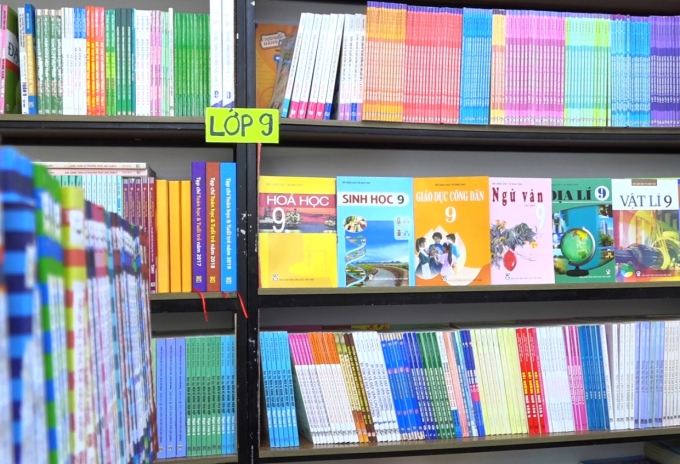
Grade 9 textbooks displayed on bookstore shelves. Photo: Website of Vietnam Education Publishing House
At the end of 2022, the Government Inspectorate determined that the Vietnam Education Publishing House had abused its dominant market and monopoly position to register "unreasonably high" textbook prices.
According to the 2012 Law on Prices, textbooks are not on the list of items priced by the State but are declared by businesses to the Ministry of Finance. Publishers are responsible before the law for the declared prices of books. The Ministry of Education and Training assessed that this could lead to different high and low prices. Meanwhile, textbooks are in the group of essential educational materials for students; affecting social security, especially for people in disadvantaged areas.
According to the Resolution of the 3rd session of the 15th National Assembly in June 2022, textbooks will be added to the list of goods and services priced by the State when the Law on Prices is amended. While waiting for the law to be amended, the Government directs relevant ministries to take measures to reduce textbook prices in accordance with economic and social conditions; continue to implement policies to support or subsidize textbooks for students in difficult circumstances, mountainous areas, highlands, and ethnic minorities.
In addition, the Government Inspectorate also assessed that the selection of contractors to supply printing paper for textbook production through competitive bidding had many irregularities, failing to ensure fairness and economic efficiency. Specifically, the publisher determined the production needs were not close to reality, so the inventory was large. This increased interest expenses, inventory price reduction provisions, leading to a decrease in capital efficiency. The unit also used printing paper with a lower weight than the normal paper for printing books according to National Standards.
In February this year, Mr. Nguyen Duc Thai, former Chairman of the Board of Directors of Vietnam Education Publishing House One Member Co., Ltd., was arrested on charges of violations in bidding for the supply of printing paper.
Orient
Source link



![[Photo] Prime Minister Pham Minh Chinh chairs meeting to discuss tax solutions for Vietnam's import and export goods](https://vstatic.vietnam.vn/vietnam/resource/IMAGE/2025/4/10/19b9ed81ca2940b79fb8a0b9ccef539a)

![[Photo] Unique folk games at Chuong Village Festival](https://vstatic.vietnam.vn/vietnam/resource/IMAGE/2025/4/10/cff805a06fdd443b9474c017f98075a4)




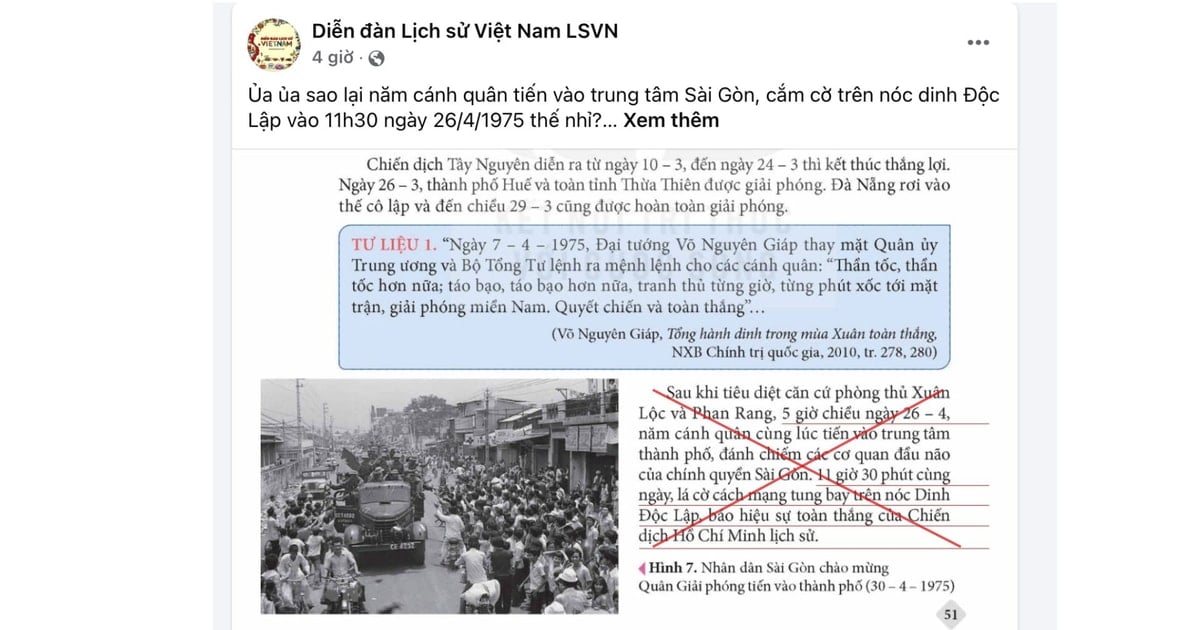






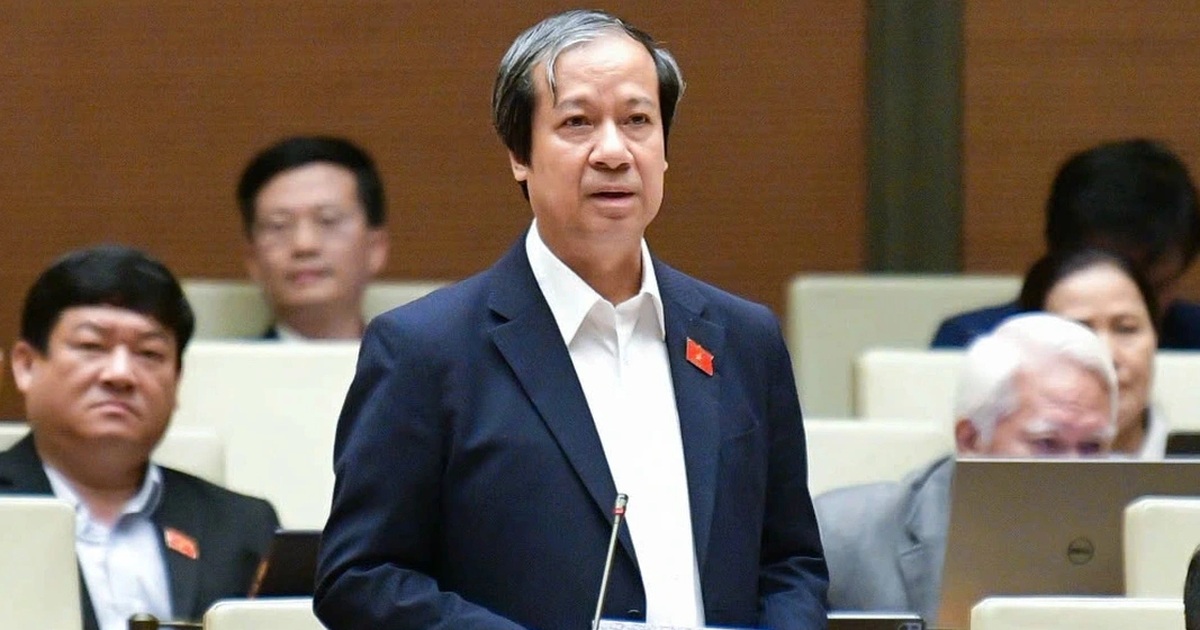


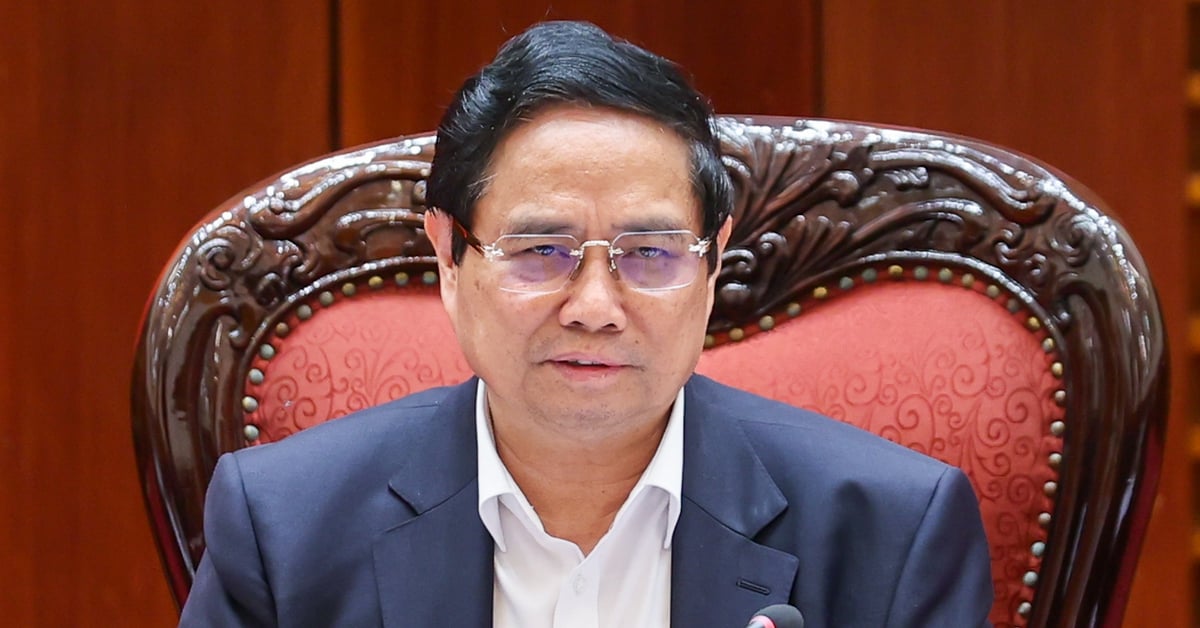
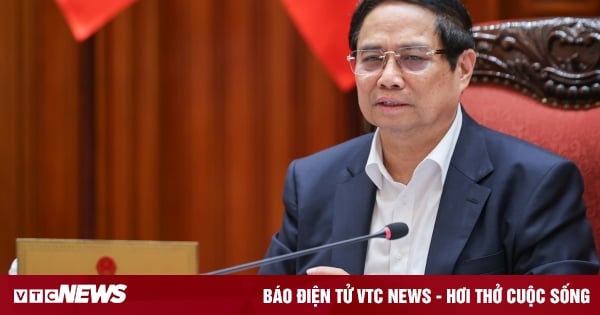
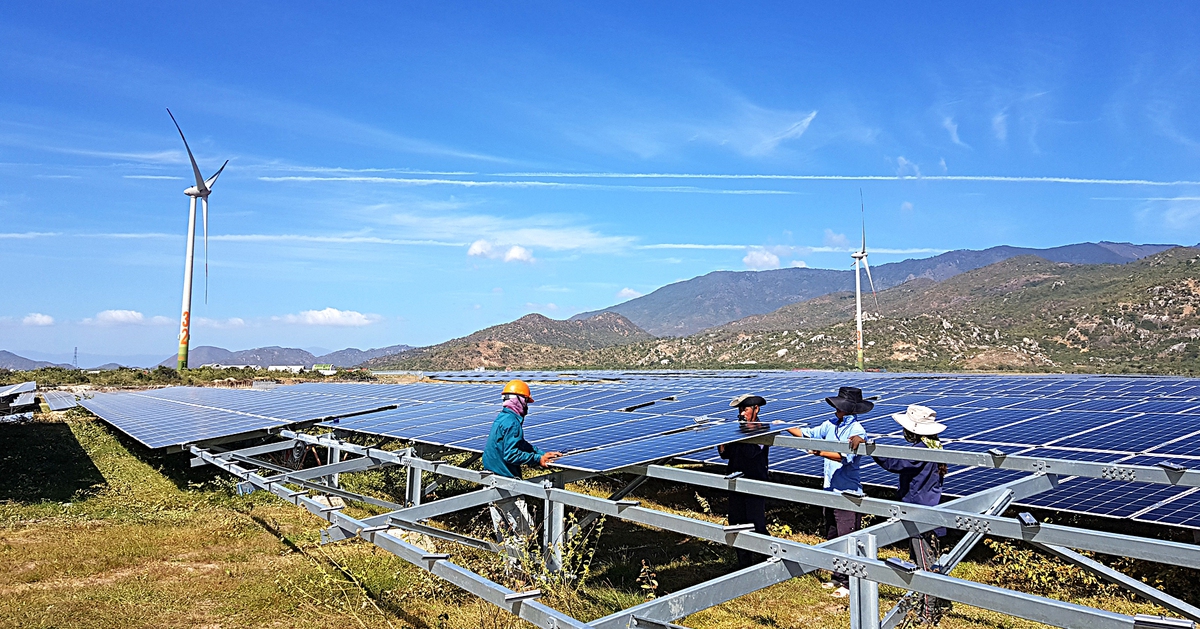
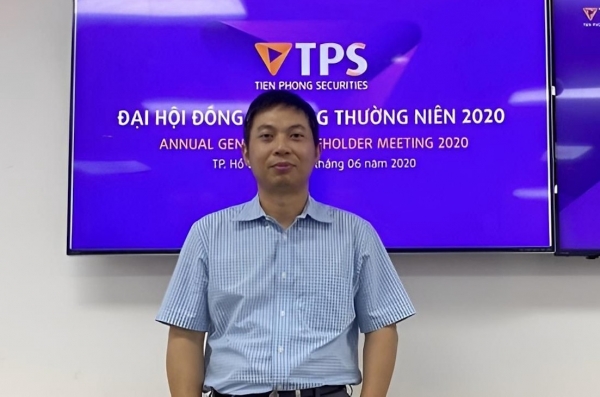
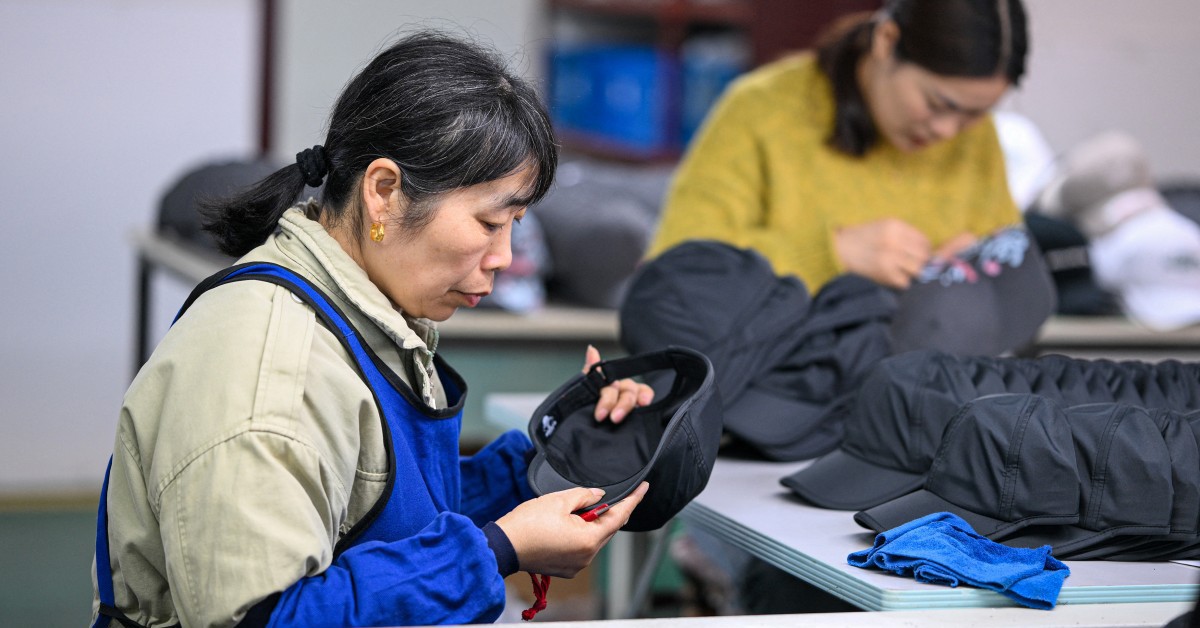



























































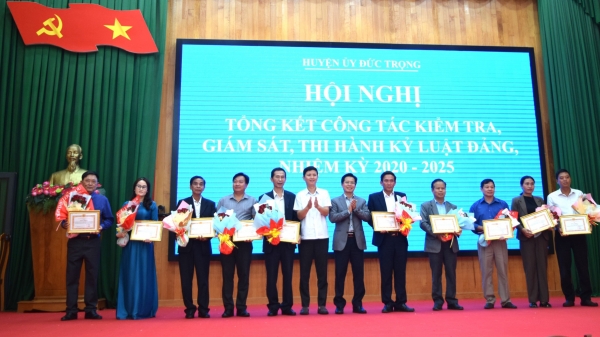
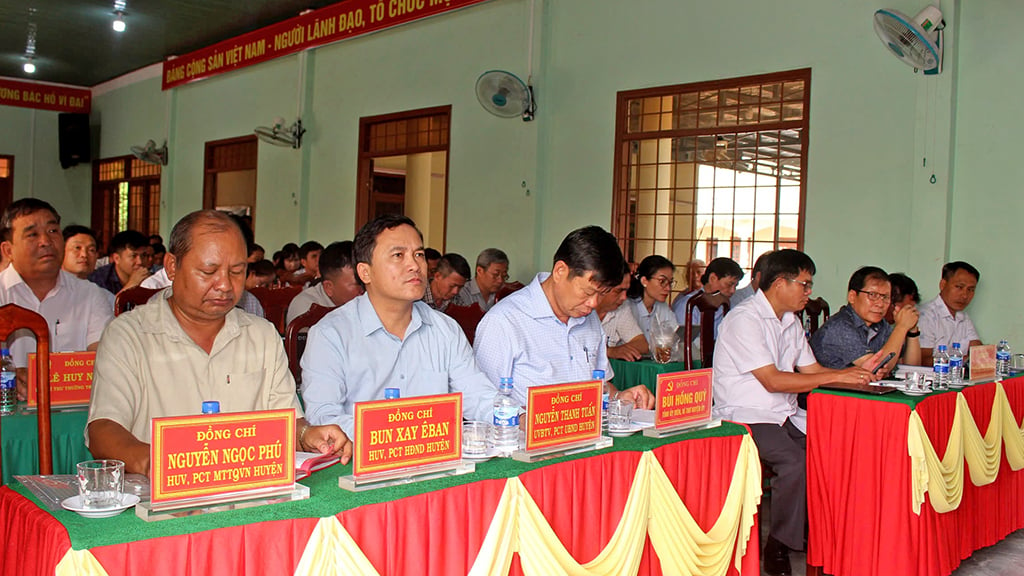











Comment (0)